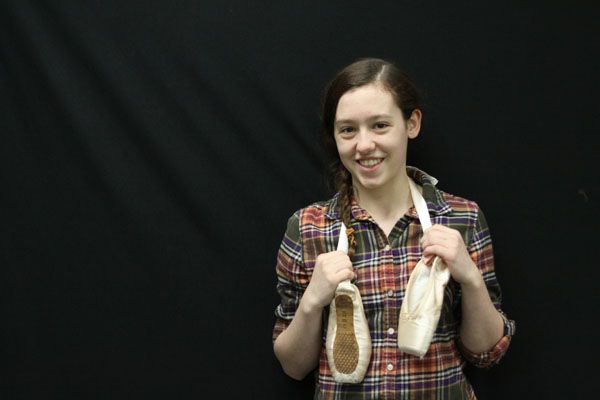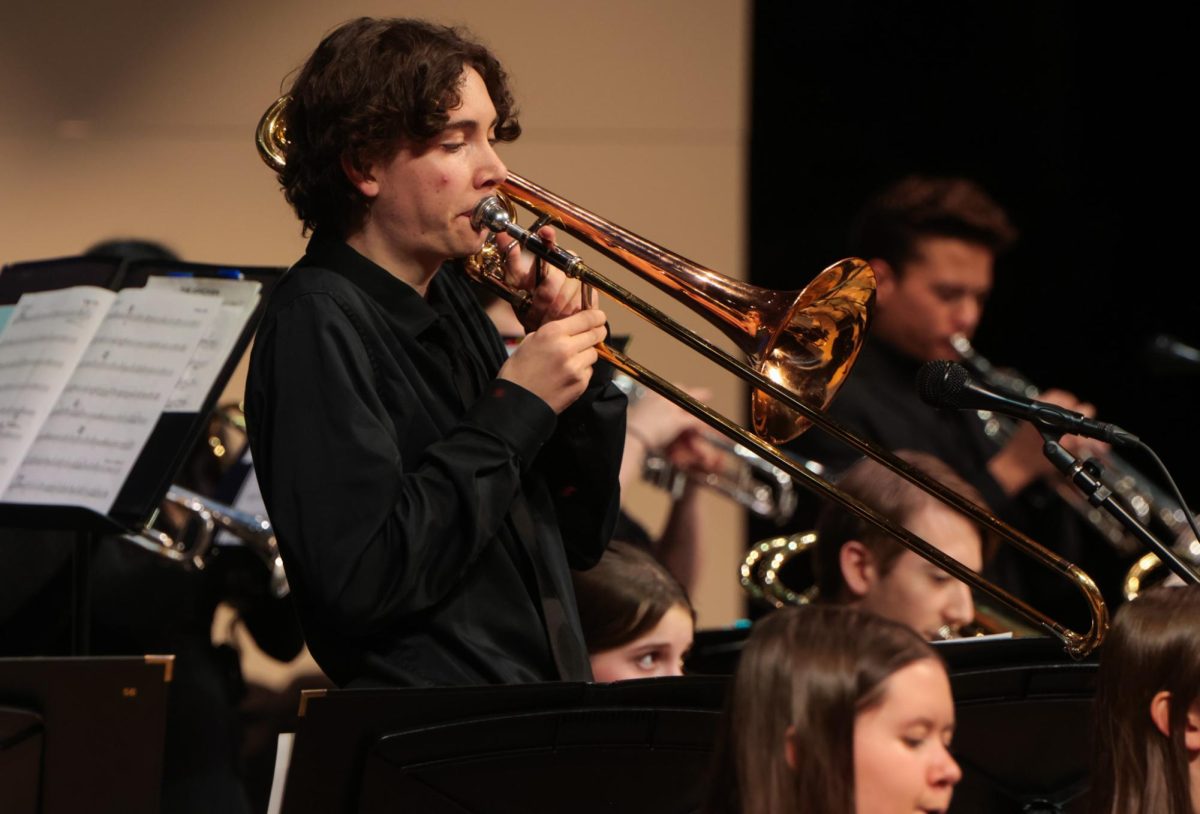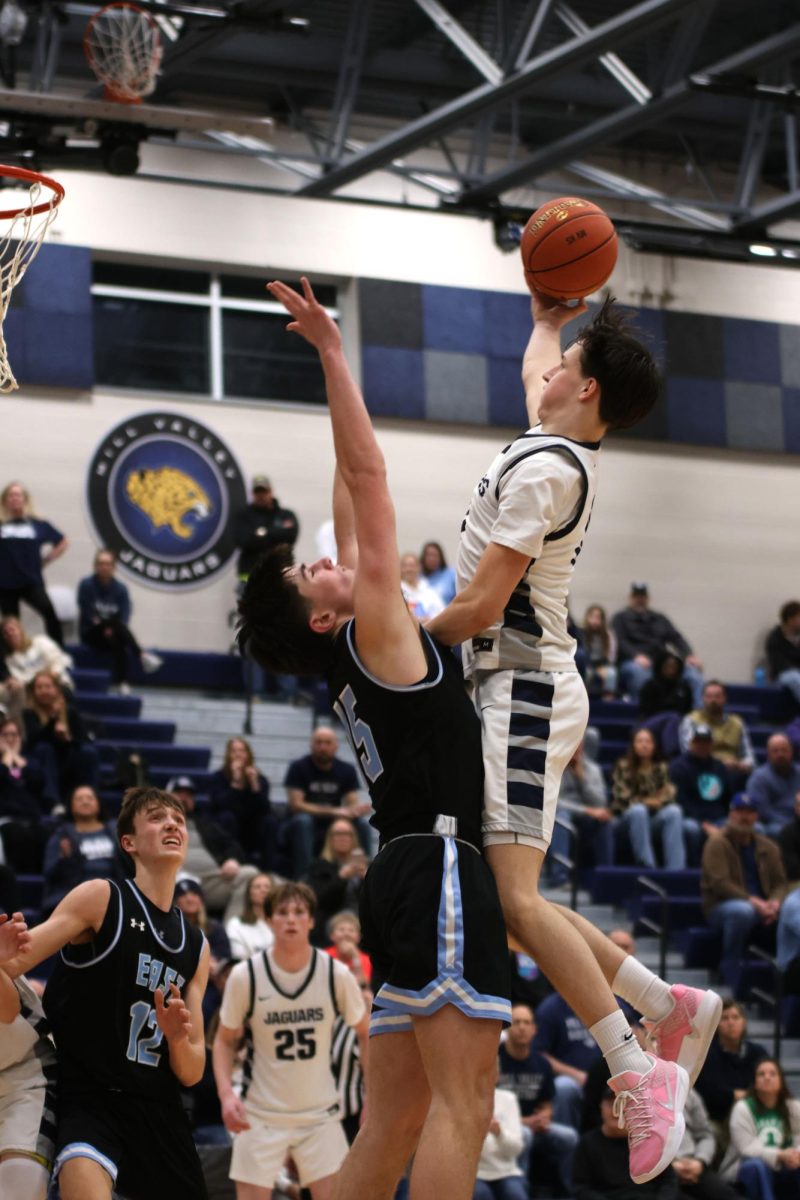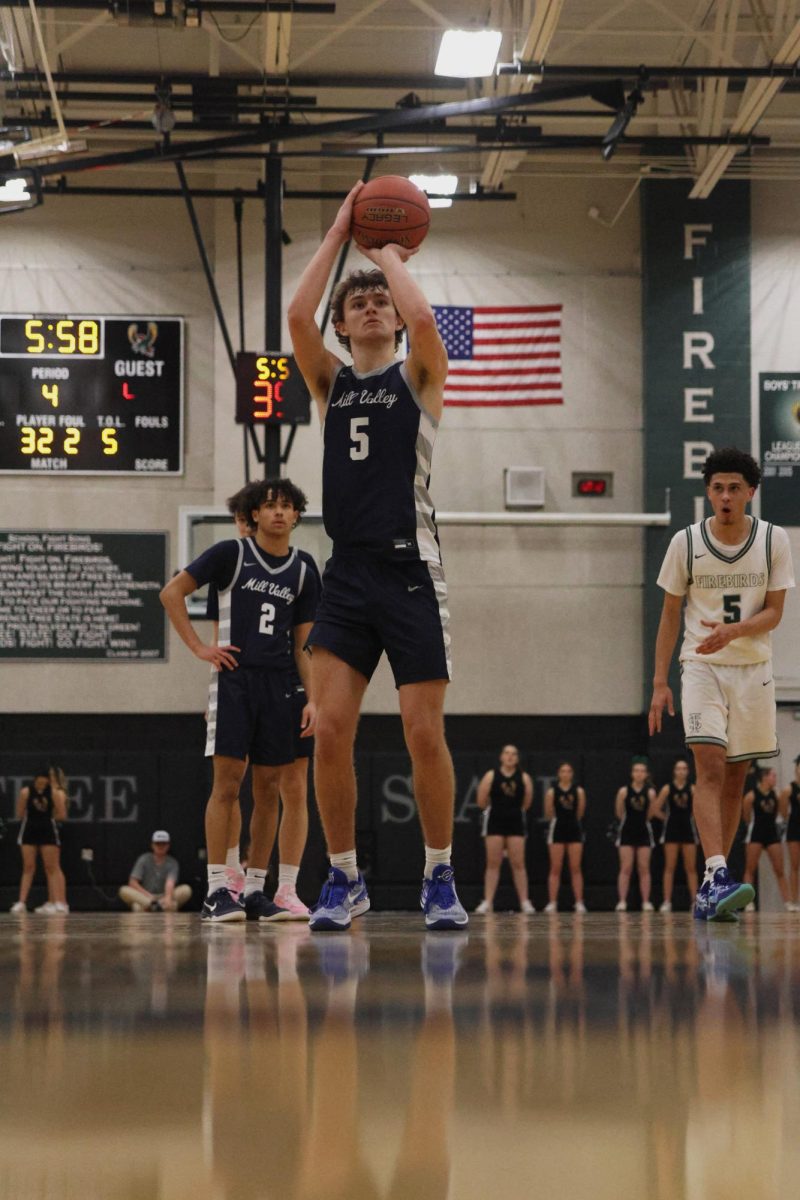Contrary to popular belief, remembering choreography is not the most important task a dancer has during a ballet. While doing the correct steps in the right order is a big part of what we have to do, putting on a good performance is crucial, and the only way to do that is with performance quality.
Performance quality is how you perform a character or emotion through your movement. It’s how you keep your audience engaged in the story you’re trying to tell, which is important if you want to hold their attention for an hour and a half.
First, you need to figure out what your character is. Occasionally, the director will give you some general terms to follow (innocent, snobby, mischievous, sassy, etc.), but more often than not it’s up to the dancer to interpret the character for herself. This can be difficult especially within a corps– everyone is mostly the same, but you still need to stand out somehow. It’s even more difficult when you are supposed to be a non-human character, like an animal or a flower, both of which are common in ballets.
Often, the easiest way to figure out what your character is like by listening to the music you dance to. If the music is a cheery waltz, like in the Waltz of the Flowers in Nutcracker, then you aren’t going to want to be depressed, while if it is a slow song, like in the Kingdom of the Shades in La Bayadere, you probably aren’t going to be particularly happy.
Once you have your character figured out, you need to be able to perform it. It’s necessary at this point to start thinking, “How does my character move?” Since a ballet has no words, all the acting is done through movement. The choreographer will do their best to keep the movements true to the character, but it’s also important to keep up the character when you’re walking, or even simply standing. If you drop your character, you become just another person, which may be jaring to the audience and leave them less interested in the story, which is the last thing you want as a performer.
We talk a lot about performance quality at dance, mostly because we give several performances throughout the year. Our director has often said that the ability to perform well is what separates a student from a professional. Having good performance quality makes a show more interesting, and it honestly makes it more fun to do.









